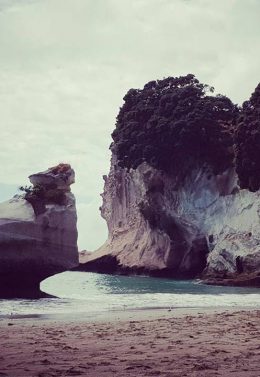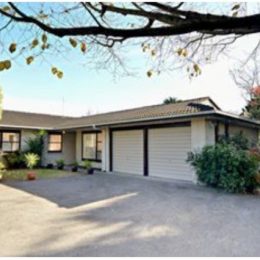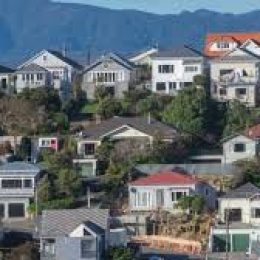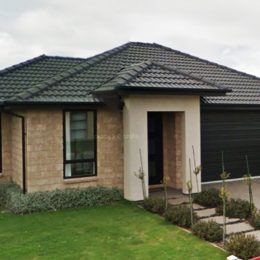Rental Property and Housing Options
Most migrants will rent a house before buying or building. It’s extremely important to understand the types of houses, condition, school zones and travel times before contemplating renting a property.
Where to live
So, slow down ! Do not choose a place to live before you are certain of where you will be working. We have seen people wanting to live in Auckland but work in Hamilton , Please be realistic about how much time you want to be travelling to and from work and remember Auckland traffic is insane at peak hours .
You should choose an area to live in convenient to your place of work. If you simply must live on the North Shore in Auckland, but work in East Tamaki, good luck!
Your very first website must be Google Maps. Just locate your work address and then look at travel times – at peak time. Not at midnight on a Sunday.
Once you have identified suburbs, look at TradeMe for rentals and costs. There are also other real estate companies who do not use TradeMe
NEVER try to rent without seeing a property. New Zealand has a reputation for old, cold mouldy houses. Make sure you have a warm dry place, and preferably north facing if possible. There are rules around insulation and tenancy requirements
Only once you have identified a place to live, can you look at schools. Most schools in New Zealand are zoned. It’s easy to find a school zone online, and all schools will have websites which you can look at. There is generally no need to look at private schooling unless you want a high performing sports school, or a religious Islamic, Christian or Buddhist school
Renting Property
See the previous paragraph – renter beware!
Never try to rent a property without seeing it. You can easily search for rental properties on websites such as TradeMe or some real estate companies also have websites.
My advice is drive past the house a few times “after work ” hours and on a weekend to get a feel of the neighbourhood.
We suggest you set up a specific “CV” for your family when renting. This will contain information such as previous tenancies, if you have references. Also, a picture of your family, ages of children, whether school going, what you and your partner do, and your capacity to pay the rent regularly and on time. (An example is on the user part of the website).
We suggest you have a good think about the cost. Remember, a $100 difference in weekly rent is $5000 after tax which could be 6-10% of the average salary. So, don’t overspend.
If you have pets, that is a whole new story. Very few rentals will allow pets because of damage to landlords property or nuisance to neighbours. If you do have pets, check how many the council will allow in an urban area. An example is Auckland where 2 dogs only are allowed. It’s a good idea to also set up a “pet CV” with pics of your pet and an explanation of if they are inside or outside dogs, and their training (See other section)
Cost of Renting
You will be paying 5-6 weeks rent in advance. Generally 4 weeks bond plus 2 weeks deposit. Check the MBIE page for your rights to rent, fixed term versus periodic rentals, rights to a healthy (dry, warm) home, maintenance and inspection, wastewater costs and lots of other information. Bookmark the page.
The cost of rental varies a lot. Remember the rule – if you pay $100 too much you have up to 10% less salary to spend.
We have given some current examples for a 3 bedroom house: Please note these prices do vary.
Auckland – Browns Bay $850, Bucklands Beach $780, Pukekohe $680
Other North Island – Wellington Tawa $680, Gisborne $680, Tauranga $750, Hamilton North $680.
South Island – Nelson $750, Christchurch $780, North Dunedin $690, Invercargill $790 and Queenstown an eyewatering $950
You should also compare using sites like TradeMe where you can differentiate house sizes, apartments, lifestyle bocks (plots in SA) and even flatting or sharing, which is very popular with students and single people
It is not necessary to use a broker for household or short term insurance. The main insurance players, AA, AIM, Tower and State are all competitive. You can also compare short term insurance for cars and household contents. Check if you need insurance for possible accidental damage to the rental such as carpets. Sometimes the landlords insurance covers this and sometimes it doesn’t.
There is no need to pay deposits for power or telephones as in SA. You can easily determine the best power company to use in the area by using online comparisons. Some companies offer “freebies” for bundled power, internet and gas. But remember, even in New Zealand, if it sounds too good to be true, it is too good to be true.
Internet is moving rapidly to fibre throughout the country, but some homes are still on copper wire. With internet service providers, check which ones are recommended in your area. There are a multitude of them, and again, just compare costs






